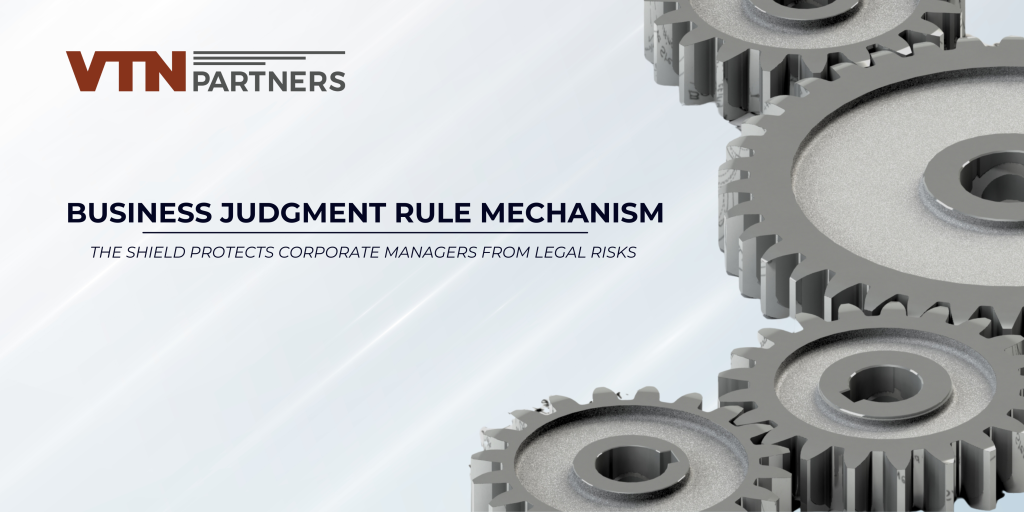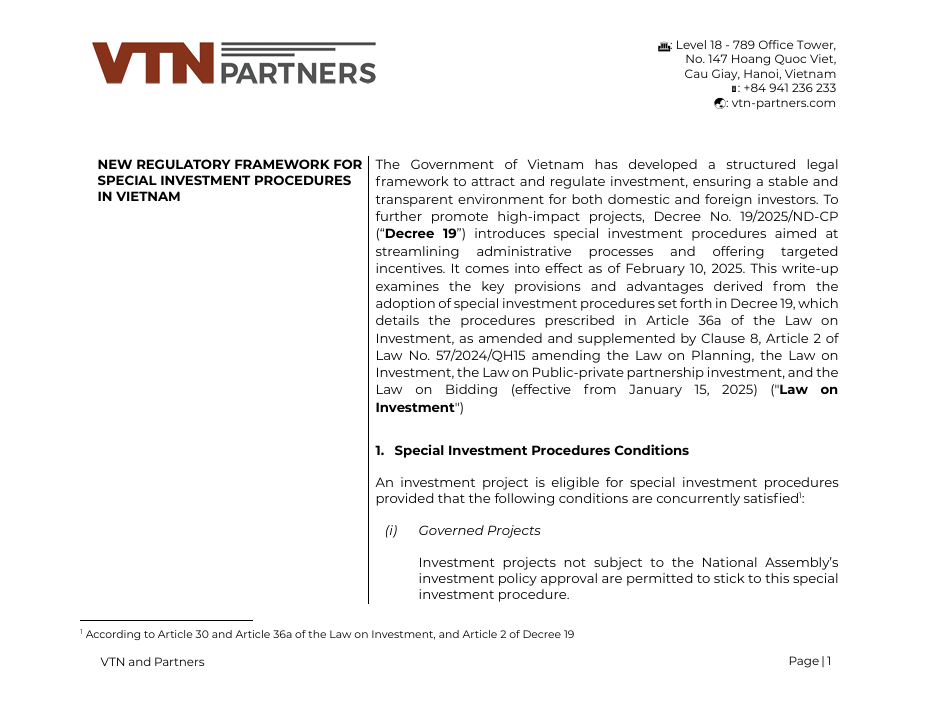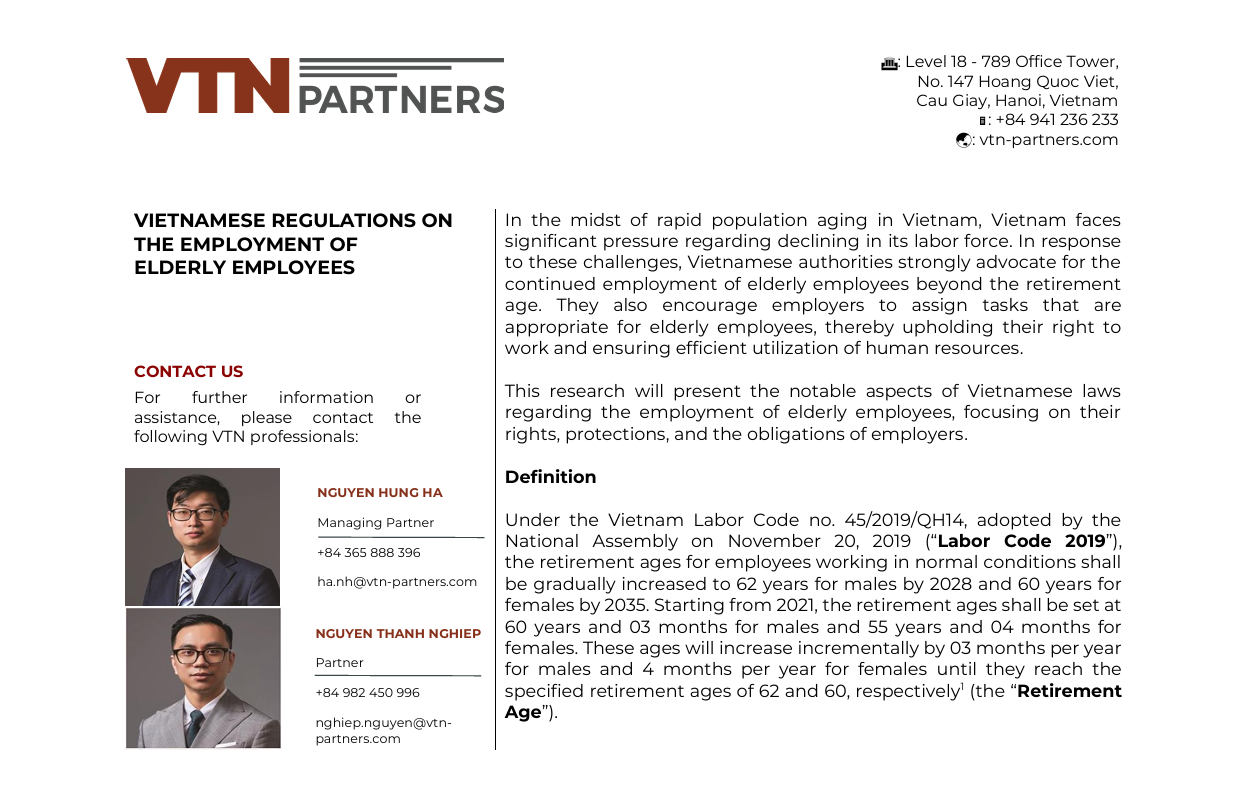The Business Judgment Rule (“BJR”) is not a rigid legal rule, but rather a judicially developed standard rooted in case law. The BJR operates as a presumption in favor of corporate managers, and assumes that when making business decisions, corporate managers acted with due diligence, in good faith, and with an honest belief that their actions served the best interests of the company.
The BJR in the United States has primarily been developed through judicial precedent, over time, its principles have been codified and clarified within statutory frameworks, most notably in the Delaware General Corporation Law (“DGCL”).
Germany was the first European country to adopt the BJR in 2005, modeled on the traditional principle of the American business judgment rule. The German BJR is codified in section 93 of the German Stock Corporation Act (‘AktG’).
The BJR is a procedural guide regarding the burden of proof to a specific relationship, i.e., between shareholders and corporate managers. The BJR starts as a safe harbor for the decision/action taken by the corporate manager by placing the burden of proof on the shareholder plaintiff in case they initiate any legal actions.
The shareholder must rebut the presumption afforded by the BJR. This does not mean the counterparty must immediately prove a breach of fiduciary duty, rather, they must allege sufficient facts to challenge the presumption, such as evidence of corporate manager self-interest, lack of good faith, or failure to exercise due care.
If the counterparty successfully rebuts the business judgment presumption by questioning the substantive merits of the board’s decision, the burden then shifts to the corporate managers. At that point, the corporate managers must demonstrate that their decision was made in accordance with their fiduciary duties.
In order for shareholders to prove that a corporate manager has committed misconduct, they must demonstrate a breach of one or more of the triads that form the foundation of fiduciary duties
- Duty of Care
- Duty of Loyalty
- Duty to Act in Good Faith
Although the Law on Enterprises 2020 refers to the responsibilities of company managers, concepts that closely resemble the duties of care and loyalty under the BJR. However, the BJR mechanism itself has not been established in Vietnamese law.
Under the BJR framework in jurisdictions such as America and Germany, courts assess only the decision-making process of company managers, specifically whether they acted in good faith, with due care and loyal to the company, and based on adequate information. In contrast, Vietnamese courts tend to evaluate both the process and the outcome of business decisions. As a result, it is highly probable that a corporate manager has acted in good faith and with due diligence, but they may still be held legally liable if the decision leads to damage or loss for the company.








